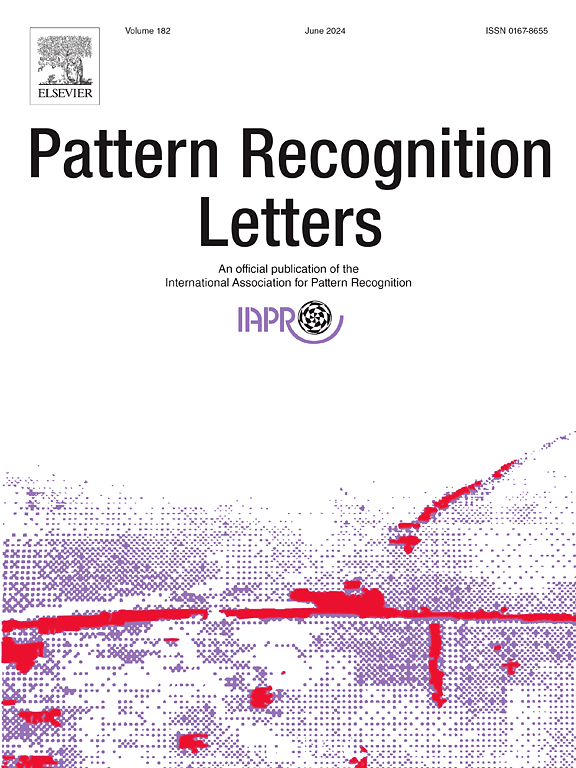图增量学习的统一多元子图
IF 3.3
3区 计算机科学
Q2 COMPUTER SCIENCE, ARTIFICIAL INTELLIGENCE
引用次数: 0
摘要
图增量学习已经成为一种强大的图深度学习框架,在处理图数据的演化特性方面表现出卓越的性能。然而,灾难性遗忘,包括忘记先前学习的知识和对顺序图学习任务的新数据的过拟合,已经成为图增量学习最关键的挑战之一。最近的研究强调了经验回放对有效抗遗忘的重要性。提出了一种基于统一多元子图(UDS)的经验重播图增量学习模型。该模型首先根据当前任务中每个节点的不确定性对不同节点进行采样。因此,将未采样节点汇集成一个超级节点,从未采样节点中提取全局特征。并建立节点间的结构关系,形成最终的多元子图进行经验重播。该方法可以从当前图中捕获丰富的局部和全局信息,大大降低了子图存储的空间复杂度。在各种图增量学习数据集上进行的大量实验一致证明,与现有的图增量学习在节点分类方面相比,我们的方法具有优越的性能。本文章由计算机程序翻译,如有差异,请以英文原文为准。
United diverse subgraph for graph incremental learning
Graph incremental learning has emerged as a powerful graph deep learning framework, showcasing superior performance in addressing the evolving nature of graph data. However, catastrophic forgetting, which involves forgetting previously learned knowledge and overfitting to new data for sequential graph learning tasks, has become one of the most crucial challenges for graph incremental learning. Recent research has highlighted the significance of experience replay for effective anti-forgetting. This paper proposes a novel graph incremental learning model based on United Diverse Subgraph (UDS) for experience replay. This model firstly samples diverse nodes based on the uncertainty of each node for current task. Consequently, the unsampled nodes are pooled together into a supernode to extract global features from the unsampled nodes. Moreover, the structural relationships between nodes are established to form the final diverse subgraph for experience replay. This approach can capture both rich local and global information from current graph, which significantly reduces the space complexity of storing subgraphs. Extensive experiments conducted on various graph incremental learning datasets, consistently demonstrate the superior performance of our approach compared to existing graph incremental learning in the context of node classification.
求助全文
通过发布文献求助,成功后即可免费获取论文全文。
去求助
来源期刊

Pattern Recognition Letters
工程技术-计算机:人工智能
CiteScore
12.40
自引率
5.90%
发文量
287
审稿时长
9.1 months
期刊介绍:
Pattern Recognition Letters aims at rapid publication of concise articles of a broad interest in pattern recognition.
Subject areas include all the current fields of interest represented by the Technical Committees of the International Association of Pattern Recognition, and other developing themes involving learning and recognition.
 求助内容:
求助内容: 应助结果提醒方式:
应助结果提醒方式:


